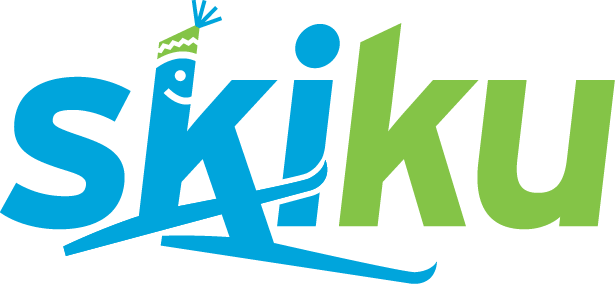Adapted from NENSA Level 1 Manual
This curriculum is designed to largely outline the goals of a ski program that continues on after Skiku volunteers have left. Using the Alaska State Standards and the outlined understandings a number of goals can be reached by following the lessons provided. However, as with teaching, we know that every teacher or in this case, coach, goes about their role in a different way, has different things to bring to the program, and has different background knowledge. In addition, each village has its unique values and way of life that must be considered. Therefore, it is important that at the very least, every coach takes time to define his or her own philosophy. The goals outlined in this curriculum can then be adapted to that philosophy or expanded on over time as the program develops.
Consider the following roles a coach might fulfill at any given time: teacher, advisor, role model, motivator, manager, organizer, care taker, and moderator. It is probable that a coach will take on all these roles at some point. This is why it is important to think about your own priorities as a coach. Establishing a philosophy gives you guidelines for making decisions and putting together meaningful practices.
Why do you want to coach?
What characteristics do you have that make you a good coach?
What skills do you have to bring to the program?
What value do you find in sports?
Who are some teachers or coaches that you admire? Or don’t admire? And Why?
Why should kids participate in sports?
What value do you find in outdoor recreation?
What have you learned from participating in sports or in outdoor recreation?
After you have defined your philosophy, it is important to consider the goals of the program as a whole. What objectives or goals are you trying to meet through this program?
The Alaska State Physical Education Standards provide a number of objectives that students are expected to meet. The ones highlighted in this guide are ones that pertain directly to this program. In addition, Skiku has established it’s own goal to “foster the health, recreation, and competitive sports benefits of cross-country skiing and biathlon” (Skiku, 2014). Look under essential questions and understandings for the goals Skiku has established for this curriculum. Are those of value to you? Consider which of these objectives relate to you or fit in with your philosophy. Why are these objectives important? Refine the program objectives accordingly.
Now, just as you would with any curriculum, write the objectives down and share them with your athletes. Consider posting the essential questions as well. Objectives that are visible to coaches and athletes are more likely to be reached. It continually reminds everyone of the goals and gives direction to the athletes. This also provides framework for teaching goal setting.


